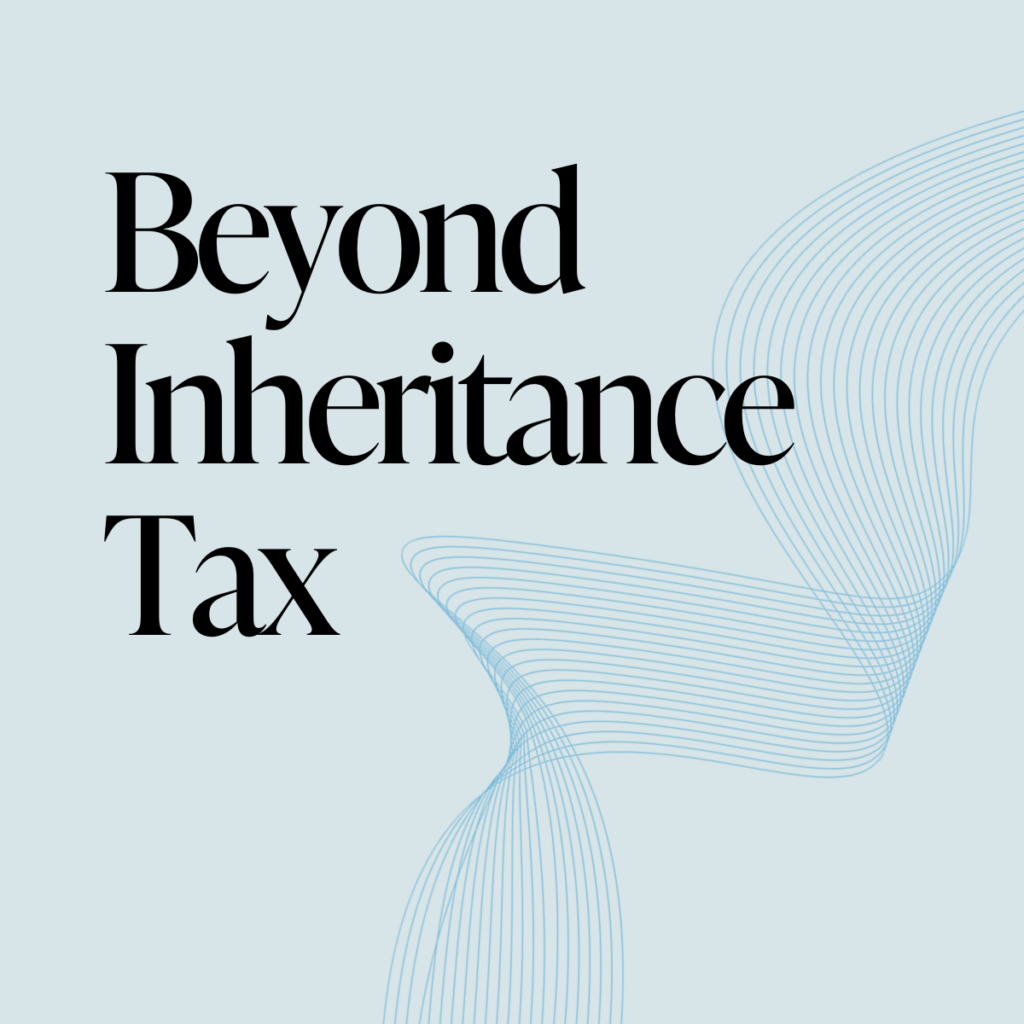In this IPO deep-dive, we explain what it means to ‘go public’ and discuss the potential benefits of listing your business on a stock exchange.
While the initial public offerings (IPOs) of big-name companies like Airbnb or Facebook might make headline news, many smaller businesses also choose to go public — often on smaller stock markets, such as the London Stock Exchange’s AIM market. Here, we guide you through the IPO process in more detail, including key considerations for founders and management teams considering going public.
What are initial public offerings?
Also known as floating or going public, an initial public offering (IPO) refers to the selling of a private company’s shares to the public for the first time.
The company’s shares are sold on a stock exchange, such as the London Stock Exchange (LSE) main market, the Nasdaq in New York, or an alternative investment market like AIM.
What does the IPO process look like?
The process of listing a company on a stock exchange can take anywhere from a few months to several years. Some key aspects of the IPO process include:
- Appointing advisers: The first step of preparing for an IPO typically involves selecting advisers, such as lawyers and accountants, to help guide you through the process, including the listing rules and listing requirements of the market you’re hoping to float on.
- Underwriting: Companies typically work with underwriters, such as investment banks, to facilitate the IPO. The underwriters will help businesses to determine the initial share price and allocation, as well as the actual selling of shares.
- Preparing a prospectus: This is a document that provides potential investors with information on your company’s share offering, business model, financial reporting and other details, enabling them to carry out their due diligence pre-IPO.
- Marketing: Alongside collating your financial information, preparing marketing materials and announcing your intention to float are also an important part of the IPO process. Roadshows can also be an effective way to drum up interest from prospective investors in advance.
- Board appointments: Your board composition is also crucial ahead of an IPO. A business may need to appoint a number of non-executives prior to listing, and it can take time to identify the right candidates.
Why do companies go public?
As a form of equity fundraising, an IPO is a way for businesses to raise capital from institutional investors and retail investors (also known as private investors). An IPO can also be an effective way to boost a company’s public profile, while offering an exit route for business owners. There are a number of advantages and disadvantages to consider, however, when deciding whether an IPO is right for your business.
What are the advantages of an IPO?
An IPO can help a business to attract a wide, diverse pool of investors, in exchange for shares through the primary market. And IPOs typically raise the most capital of any single investment round. This funding can be used to support a company’s growth in a number of ways, including:
Alongside providing access to growth capital, additional benefits of an IPO might be:
- Strengthening public profile and recognition
- Offering an exit strategy for founders or early investors
- Increasing share liquidity
- Providing an objective valuation (market capitalisation) for the business
- Broadening shareholder profile
- Enhancing status with customers and suppliers
- Making employee share schemes more attractive
What are the disadvantages of an IPO?
Despite its advantages, becoming a public company can also have its drawbacks:
- Attached costs: This all comes at a cost, with the IPO process having the potential to cost up to 8% of the target capital for businesses. Costs can be incurred from hiring and retaining brokers, financial and legal advisers, PR agencies, and so on, alongside the potential costs of adhering to new regulations or corporate governance standards.
- Increased regulation: IPOs bring a number of regulatory requirements and reporting burdens, which vary in strictness, depending on the stock exchange. Listed companies are required to regularly disclose their financial performance, for instance, as well as other sensitive information that could be useful to competitors. In the UK, the Financial Conduct Authority (FCA) regulates financial services markets, including main market UK IPOs.
- Market pressure: Once public, a company will likely face increased scrutiny to meet quarterly performance objectives or financial expectations, which can have an impact on long-term strategic decisions. Having a wider shareholder base may also increase pressure on businesses, with more, potentially competing, interests to balance.
What type of companies IPO?
Businesses preparing to IPO are typically established companies — those looking to raise large amounts of investment via capital markets — rather than early-stage startups. Pre-IPO, a business will ideally be able to demonstrate:
- Track record of continued, steady growth
- Appropriately constituted board
- Financial profile to support the valuation of the business
- Experienced management team
- Scalability and opportunity for investors
- Willingness to embrace the change in focus and/or culture that may come with listing
Alternatives to IPOs
Direct listings could be an alternative route for businesses looking to go public without raising new capital. This is when a business lists its existing shares directly on a stock exchange, without issuing new shares or using underwriters, often to provide liquidity to existing shareholders. While not ideal for those wanting to fundraise, direct listings avoid share dilution and typically have fewer costs and regulatory requirements than an IPO. Notable examples of direct listings in the UK include Metro Bank’s in 2016.
Smaller businesses, meanwhile, may want to consider alternatives methods of equity fundraising, if they’re not ready to go public but still want to raise new capital — such as via crowdfunding, private equity and venture capital funds, or angel investors. There are also a number of other strategies that founders can use to exit their businesses.
Another alternative to IPOs is to list via a SPAC (special purpose acquisition company). SPACs are publicly-traded shell companies that raise capital and then acquire private businesses, to enable them to go public, without completing a traditional IPO process. Listing via a SPAC is often faster than an IPO, and unlike a direct listing, still provides access to new capital. While they can still be expensive transactions, they usually involve an experienced sponsor, to advise the company and help raise its public profile. SPACs have become an increasingly popular option for tech companies in Europe in recent years.
Are you preparing to IPO?
The IPO process can be daunting, but it’s a significant milestone for any company. Here at BGF, we’re highly experienced in scaling private SMEs through to exit, and we have a dedicated Quoted team, providing growth capital to small cap quoted companies.
We can help our portfolio to prepare for potential IPOs, where appropriate — by bringing professionalisation and rigour to their boards, for instance. And as one of the UK’s largest long-term investors in small and micro-cap quoted businesses, we can provide the cornerstone investment you need to reduce fundraising and execution risk for IPOs.
Get in touch with our team to find out more.
The information contained in this article is for general information and use. It does not constitute any form of advice and is not intended to be relied upon in making any investment decision. Independent advice should always be sought as to whether a particular transaction is suitable having regard to your personal and financial circumstances.






